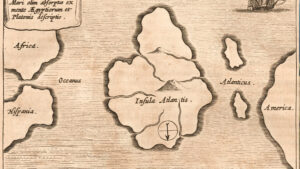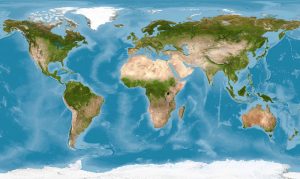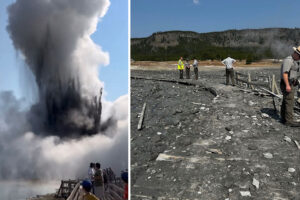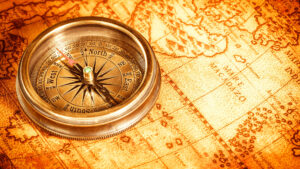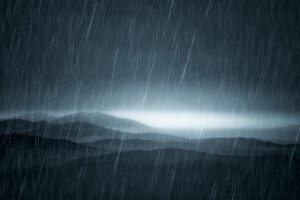It may come as a surprise to our readers around the world, but the number of continents remains a subject of debate. Depending on where and when you grew up, you may have learned that there are anywhere from four to seven continents. In some systems, Europe and Asia count as one: Eurasia. In others, North and South America is a single continent, America. Still others dismiss Antarctica as a mere island, a kind of super-Greenland.
Nowadays, seven is the most common: North America, South America, Europe, Asia, Africa, Antarctica, Australia/Oceania. Until recently, no one suggested that there might be an eighth continent. But that is what some geologists believe.
Before the 1960s, the definition of a continent was simple. Emanuel Bowen (a Welsh map engraver) defined a continent as “a large space of dry land comprising many countries joined together without separation of water”. But the too-broad definition frustrated many modern geographers and geologists.
Eventually, the criteria were updated. The geological area must have high elevation. It must bear a wide variety of rocks and a thick crust. It must also be “large in size”.

New Zealand. Photo: NASA Earth Observatory
Tiny pieces can’t be continents
“You just can’t be a tiny piece,” says Nick Mortimer, a geologist for GNS Science, New Zealand’s leading Earth and geoscience research business.
In 2017, GNS Science studied a lesser-known area named Zealandia. Their research convinces them that Zealandia qualifies as an eighth continent. GNS Science is not the first to make this claim, either.
Zealandia once formed part of ancient Gondwanaland, but broke free millions of years ago, first from Antarctica, then from Australia. Now only satellites can detect the region, because 93% of it lies below the ocean, as an elevated piece of continental crust. At 4.9 million square kilometres, about two-thirds the size of Australia, Zealandia is the smallest, narrowest, and youngest continent in the world.

New Zealand.
Arguments for Zealandia
Nowadays, Zealandia’s dry land includes only New Zealand, the French islands of New Caledonia, and Australia’s Lord Howe Island and Ball’s Pyramid. Currently, they’re recognized as part of Oceania, but GNS Science believes otherwise.
American geophysicist Bruce Luyendyk claimed Zealandia’s existence in 1995. He also coined the name Zealandia. For more than 20 years, surveys have collected evidence that the type of rock found in Zealandia meets a continent’s criteria for crust and variety.
During these studies, geologists dredged up rocks from the seafloor. They found that the crust surrounding New Zealand comprised different rock types, including granite, limestone, and sandstone. Some of them were incredibly ancient. “That is typical of a continental crust,” argued researchers.

Australia and New Zealand: not the same continent
Mortimer goes further. He suggests that a narrow strip of oceanic crust separates Australia from the subterranean reaches of Zealandia. This means that Australia and New Zealand are undoubtedly separate continents.
“From a geological perspective, defining Zealandia as a continent makes sense,” says Luyendyk.
Even before GNS Science and Luyendyk, telltale signs existed of Zealandia’s mysterious presence.
Scottish naturalist Sir James Hector was part of a voyage sent to survey a series of islands off New Zealand’s coast in 1895. Hector concluded that New Zealand is “the remnant of a mountain chain that formed the crest of a great continental area that stretched far to the south and east, and which is now submerged…”
No official continent committee
“I hope Zealandia will now start to appear on world maps,” said Mortimer optimistically. Alas, christening Zealandia our eighth continent is unlikely to happen anytime soon.
There is no official body to designate new continents, so Mortimer must hope to convince enough of his colleagues that Zealandia’s existence can no longer be denied or ignored.
As a New Zealander who is familiar with New Zealand’s rivalry with Australia, I’d feel a little smug if we were indeed one day part of a separate continent.

